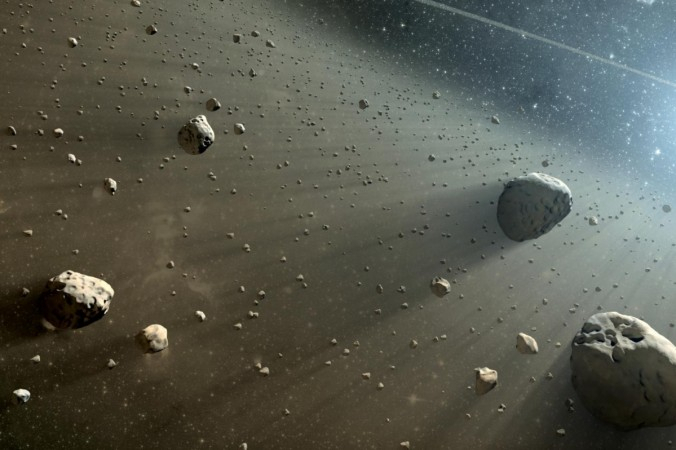
A team of Japanese researchers has discovered traces of water in the form of hydrated minerals in a number of asteroids. During the study, these Japanese astronomers made use of the data collected by the infrared satellite AKARI and discovered the existence of water in these space bodies.
Space experts believe that the new discovery could reshape human understanding about the universe, and will contribute to our understanding of the distribution of water in various space bodies, the evolution of asteroids, and the origin of water on earth.
The new research report published in the journal Publications of the Astronomical Society of Japan also revealed that earth may be the only planet in the solar system where liquid water exists in the surface. The researchers also added that the water spotted in the asteroids are actually not flowing on the surface, instead, the water is retained as hydrated minerals.
It should be noted that hydrated minerals are stable even above the sublimation temperature of ice. Scientists speculate that more studies conducted on these hydrated minerals will help to determine whether asteroids really holds water.
A few days back, NASA's OSIRIS-REx probe had discovered traces of water near the Bennu asteroid that may collide with earth in the next 150 years. Researchers made this discovery after OSIRIS-REx flew last week within a scant 12 miles of the asteroid. During the close flyby, researchers spotted traces of hydrogen and oxygen molecules, and it indicates that water may be stored in the asteroid.
After the discovery of water near the Bennu asteroid, experts at NASA revealed that the space agency is planning to bring back water-rich minerals in the asteroid, and it will help scientists to learn more about the history and evolution of the solar system.
Some space experts also believe that there is a one in 2700 chances of the asteroid slamming into the earth devastatingly in the next 150 years, and if it happens, massive damages will be triggered all across the world.








